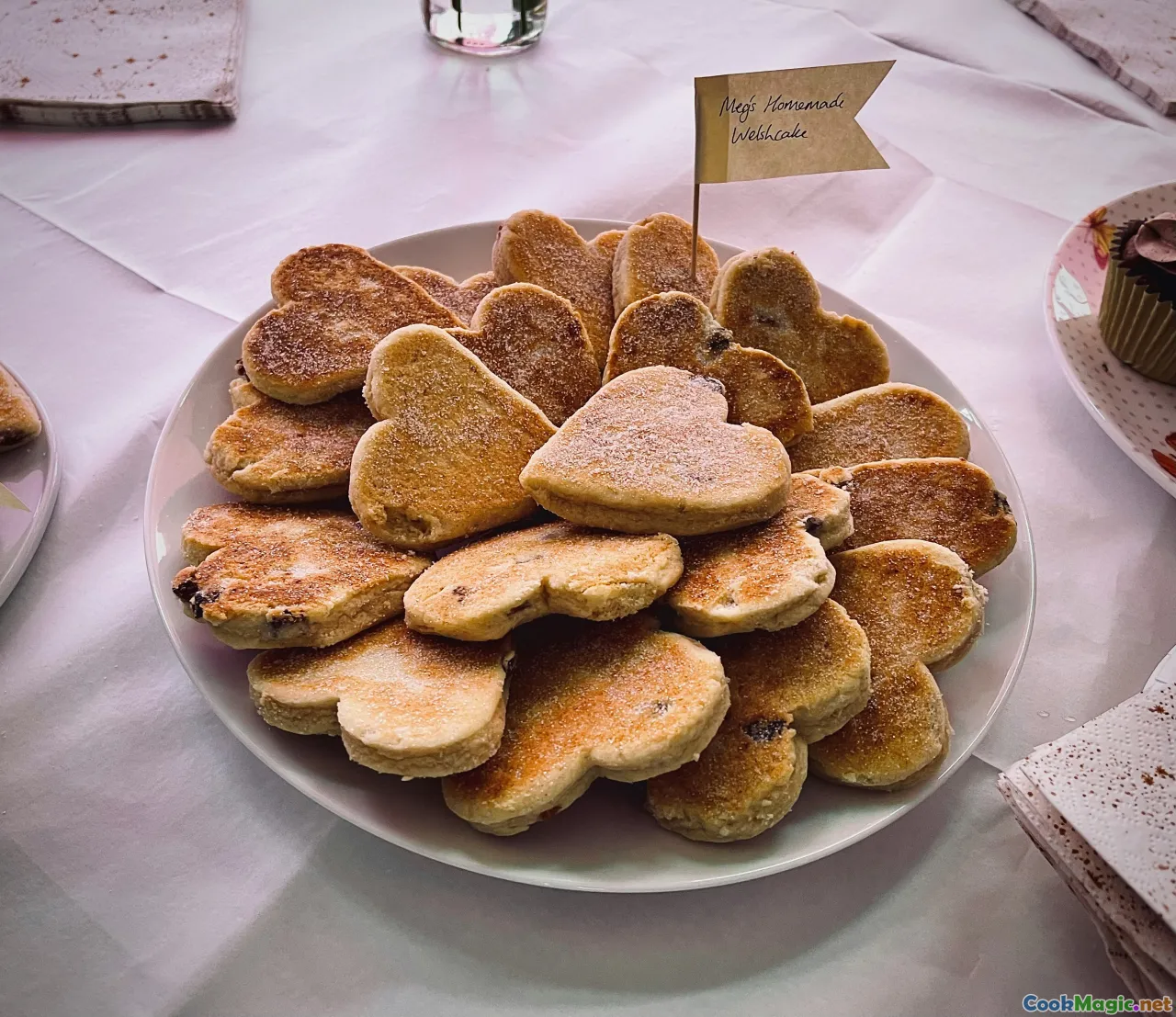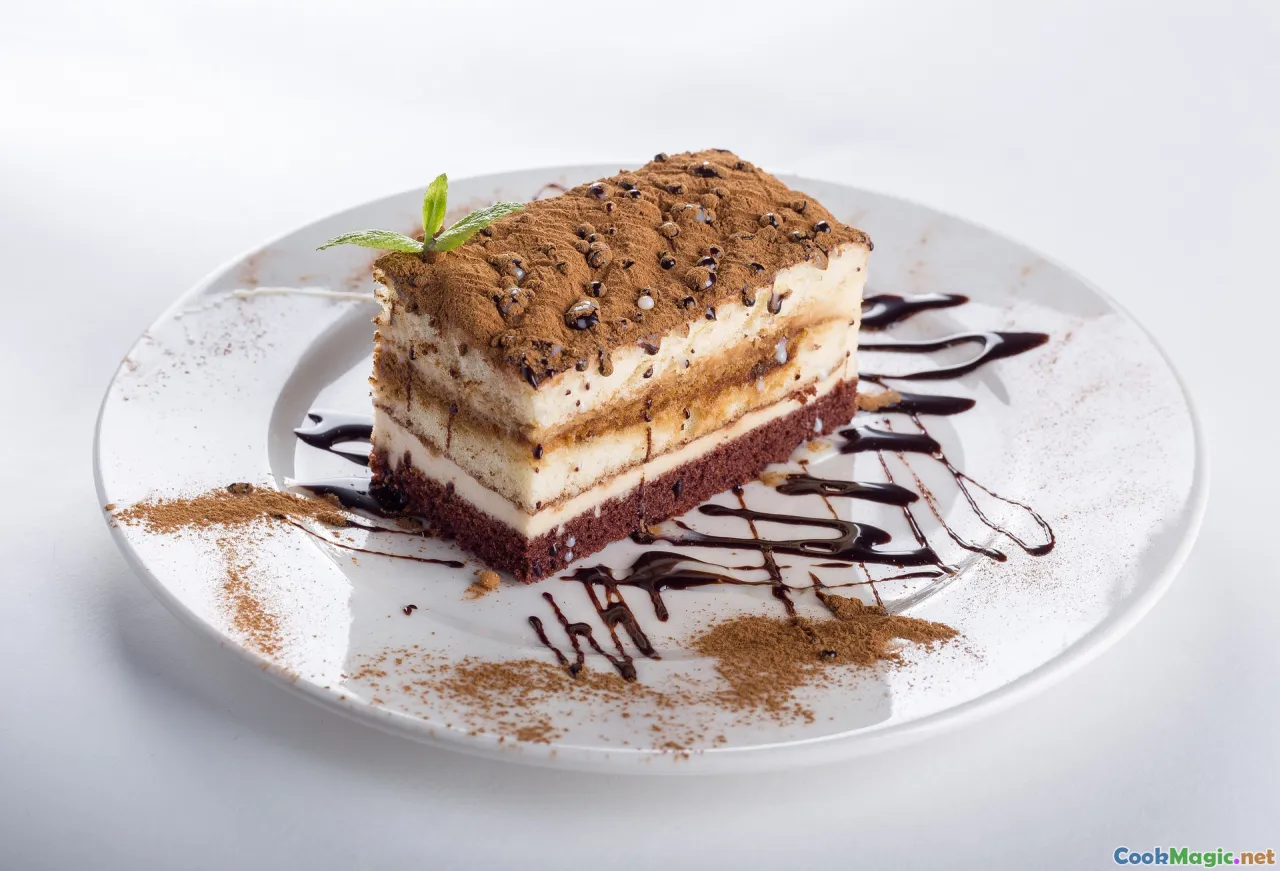Modern Twists on Historic Bohemian Dessert Recipes
9 min read Discover innovative takes on classic Bohemian desserts, blending tradition with modern culinary creativity for an enriched tasting experience. July 04, 2025 21:05
Modern Twists on Historic Bohemian Dessert Recipes
The cradle of Central European pastry art, Bohemia, boasts a rich tapestry of sweet traditions that have warmed the hearts of locals for centuries. Yet, like all living culinary heritages, Bohemian desserts are evolving—taking their beloved classics and reimagining them through contemporary lenses. These modern twists honor the centuries-old recipes while infusing new textures, flavors, and presentation styles that resonate with today’s palates.
Join me as we embark on a flavorful journey through history and innovation, exploring how chefs, home bakers, and pastry enthusiasts are reviving, reinventing, and revitalizing Holki, Palačinky, and other iconic Bohemian sweets.
The Heart of Bohemia: Classic Heritage of Desserts

Czech cuisine’s sweet tapestry is woven with hearty pastries, delicate layers, and luscious fruit fillings. The historical roots of Bohemian desserts are deeply intertwined with local ingredients—fresh orchard fruits, earthy nuts, and rich dairy. Traditionally, these treats served as celebratory symbols, illustrating regional pride and craftsmanship.
Take, for instance, Koblihy—Czech doughnuts with a soft, airy crumb and a sweet powdered sugar finish—traditionally fried in beef fat until golden-brown, their aroma filling homes during festivals and Sunday afternoons. Or the famed Medovník, a honey-layered cake with caramel undertones that slowly melts on the tongue, embodying the honey-rich colors of Bohemian landscapes.
But as times change, so do cravings and culinary techniques. Chefs today are fusing ancestral recipes with innovative ingredients, elevating beloved dishes into modern culinary statements.
Deconstructing Tradition: The Art of Reinventing Palačinky

Palačinky—thin Czech pancakes akin to French crêpes—are timeless. Traditionally, they are rolled around fruit preserves or sweet cheese, topped with powdered sugar or whipped cream. Their versatility allows for endless experimentation, and contemporary chefs are now creating avant-garde presentations that transform this humble dish.
How to Modernize Palačinky
**1. Savory & Spiced Flavors:**While classic Palačinky are sweet, modern interpretations incorporate spices like cardamom or turmeric into the batter, turning them into savory marvels filled with roasted vegetables, curried lentils, or herbed cheeses.**2. Unique Fillings & Toppings:**Imagine folding in roasted fig compote and mascarpone, then drizzling with balsamic reduction, for a perfect harmony of sweetness and acidity. Alternatively, for a Fouquet-inspired twist, fill with crème fraîche, smoked salmon, and dill—making it an elegant canapé.3. Texture Play: Incorporating unexpected textures is a growing trend—adding toasted nuts, crispy shallots, or even edible flowers atop the folded Palačinky creates visual delight and layered flavors.
Practical Tips
- Use buckwheat or spelt flour to add depth and rustic flavor.
- Rest your batter at least 30 minutes to enhance gluten development for a tender, pliable pancake.
- Mastering a non-stick pan with controlled heat is key for paper-thin results.
This creative flexibility is what keeps Palačinky relevant—from street-food stalls in Prague’s Old Town to fine-dining menus in contemporary Czech eateries.
Reimagining Medovník: Layered Honey Cake 2.0

Medovník, the honey cake, is a towering symbol of Bohemian sweetness. Its success lies in the finesse of its layers—thin, crisp biscuit-like sheets brushed with honey and stacked with a delicate cream or buttercream. Yet, modern renditions turn this humble cake into multi-sensory experiences.
Contemporary Innovations
**1. Flavor Fusion:**Infuse the batter with exotic spices like saffron or star anise for warming, nuanced notes. Incorporating citrus zest or rosewater can evoke floral or breezy flavors.**2. Textural Contrasts:**Add crushed pistachios or hazelnuts between layers for crunch, or embed a thin layer of apricot jelly for a burst of tartness.3. Presentation & Serving: Move away from traditional square slices to minimalist vertical tiers or individual petits fours garnished with edible gold or floral accents, perfect for modern celebrations.
Tips for Modern Medovník
- Use raw honey for authenticity and richer flavor.
- Soak the layers slightly longer to ensure moisture penetrates deeply.
- Experiment with dairy alternatives like coconut cream for vegan options.
This layered approach transforms Medovník from a rustic staple into an elegant centerpiece—yet the soul of honey and nostalgia remains untouched.
Cocktail & Heritage Pairings
Celebrating sweet traditions with modern culinary art opens the door to pairing desserts with craft beverages. Sipping cold Czech Šneček (a herbal liqueur) with a nut-studded Palačinky or a glass of chilled Moravian wine alongside a honey Medovník creates a sensory symphony that pays homage to Czech heritage.
In recent years, artisanal distilleries have crafted bean-infused vodkas or herb-infused Gins that complement the fragrant profile of modernized desserts. These pairings not only elevate the tasting experience but also connect diners with centuries-old traditions in a contemporary context.
Personal Touches: Bringing Tradition Home
For home bakers eager to honor history while embracing innovation, here are expert tips: Start with authentic recipes—many published in regional cookbooks or preserved in local family archives. Use high-quality ingredients, especially local honey and fresh fruits.Experiment gradually—modify one element at a time; for instance, switch up traditional fillings with seasonal produce or spice blends. Presentation matters—modern plating with contrasting colors, props, or minimalistic styles can elevate simple desserts.Share stories—adding cultural anecdotes or personal insights about each dessert’s origins makes every bite more meaningful.
The Future of Bohemian Sweets
The love for heritage-infused culinary art continues to flourish, blending age-old techniques with bold, contemporary flavors. Chefs are exploring plant-based adaptations, gluten-free options, and sustainable sourcing—all while respecting the soulful simplicity that so characterizes Bohemian desserts.
As our palates evolve and global influences become part of local kitchens, the future promises a vibrant spectrum of modern Bohemian desserts: layered, flavorful, textured, and beautifully presented. Each piece tells a story—an edible testament to centuries of Czech craftsmanship intertwined with the creative spirit of today.
Embracing these modern twists not only preserves the legacy but also invites a new generation to fall in love with Bohemia’s sweet treasures, pass them down, and reinvent them anew.
Let your culinary adventures begin—delving into rich flavors, tantalizing textures, and stories baked into every dessert vessel. After all, the future of Bohemian desserts is as bright, intricate, and welcoming as the past that inspired them.









